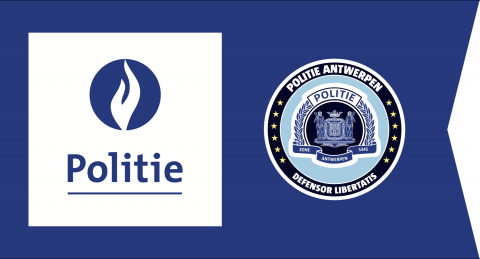As governments navigate the complexities of digital transformation, they face critical decisions that go beyond just adopting new technology. It’s about ensuring transparency, security, and autonomy in a rapidly changing digital world. At Inuits, we see open source not only as a technical alternative, but as a strategic foundation for modern governance. In an era where public trust and digital independence are vital, open source empowers governments to innovate freely, avoid vendor lock-in, and build digital infrastructures that truly serve their citizens.
In this article, we’ll explore why open source matters for governments and how it aligns with key themes like digital security, AI adoption, and sustainable data sharing.
The Freedom to Innovate Without Being Locked In
One of the most compelling reasons governments should adopt open source is the freedom it provides. In the traditional proprietary model, institutions often find themselves locked into long-term relationships with specific vendors, reliant on their pricing models, roadmaps, and security standards. This “vendor lock-in” limits the ability of governments to respond to evolving needs, restricts innovation, and increases costs over time.
With open source, that scenario changes. Governments gain the ability to adapt and evolve their technology according to their own needs and priorities. They are not dependent on a single vendor or locked into expensive, rigid systems that might not evolve as quickly as they need. Instead, they have access to a global ecosystem of contributors and developers, as well as the freedom to adapt solutions to local contexts.
At Inuits, we’ve believe in the power of open source since 2007. It’s been at the core of how we help governments and organizations break free from restrictive systems and find better solutions. Check out our company video from the early days and get a feel for open source and how it can make a difference, with more freedom, flexibility, and collaboration at every step.
Digital Sovereignty - Controlling Your Own Infrastructure
A major concern for many governments today is digital sovereignty, the ability to control their own digital infrastructure and not be overly reliant on foreign technologies or vendors. This goes beyond just choosing software, it’s about ensuring complete control over your infrastructure, whether it’s hosted on-premises or in the cloud. Too often, governments find themselves tied to foreign technologies or vendors, which can limit their ability to adapt and make them vulnerable to external factors.
By adopting open source for IT operations, governments can tailor their platforms, whether in-house or in a european cloud, and ensure seamless integration with existing systems. This is especially important in today’s era of artificial intelligence and data-driven governance, where the ability to control and customize infrastructure is critical.
Our expertise in managing infrastructure using open source technologies, such as cloud-native solutions and on-prem infrastructure management, allows governments to retain full ownership and control of their infrastructure, ensuring their systems and data remain secure and sovereign.
Solving the Data Sharing Challenge with Linked Open Data
One of the major pain points in today’s e-government landscape is data sharing. As one government organization recently remarked, “Data sharing is currently one of the biggest challenges within e-government/software. This must be done better and more easily.” Indeed, the ability to exchange information between departments, and even with citizens, is fundamental to a well-functioning digital society.
In this context, both open data and open source play crucial, complementary roles. While open source ensures that the tools and platforms used are flexible and interoperable, open data focuses on making the actual datasets publicly accessible and reusable. Open data allows governments to share information transparently, not just within agencies but also with the public, fostering innovation and collaboration.
By leveraging Linked Open Data principles, governments can take these benefits a step further. Linked Open Data provides the framework for making data not only open but also interoperable and machine-readable, enabling more seamless integration across systems. This approach facilitates smoother collaboration between departments, encourages external innovation, and leads to better-informed decision-making.
When governments adopt open source technologies like elody with a focus on Linked Open Data, they not only make data sharing easier but also ensure that this data is accessible to a wider range of stakeholders. This fosters transparency, encourages innovation from external developers and businesses, and ultimately leads to better services for citizens.
Open Source for an AI-Driven Future
As AI continues to transform governance and society, the need for open, transparent, and human-centric AI solutions is becoming increasingly evident. Proprietary AI systems are often “black boxes” that governments can’t fully control or understand. This poses serious risks, particularly when these systems are making decisions that affect public life.
Open source AI tools offer a counterbalance to this opacity. By keeping AI development open, governments can ensure that AI is developed and deployed in a way that is aligned with public values, ethics, and security standards. It allows for the democratization of AI, ensuring that it serves the broader interests of society, not just the interests of the technology providers.
Conclusion
Openness is not just an option, it’s a necessity. Governments that adopt open source technologies are better positioned to foster innovation, protect their digital infrastructure, and maintain sovereignty over their technological futures.
As we look toward the future, it’s clear that governments need to be more collaborative, transparent, and adaptive. Open source isn’t just the answer to these challenges, it’s the path forward.
At Inuits, we’re proud to be part of this movement, working hand in hand with governments to build secure, sustainable, and open digital solutions for the future.




